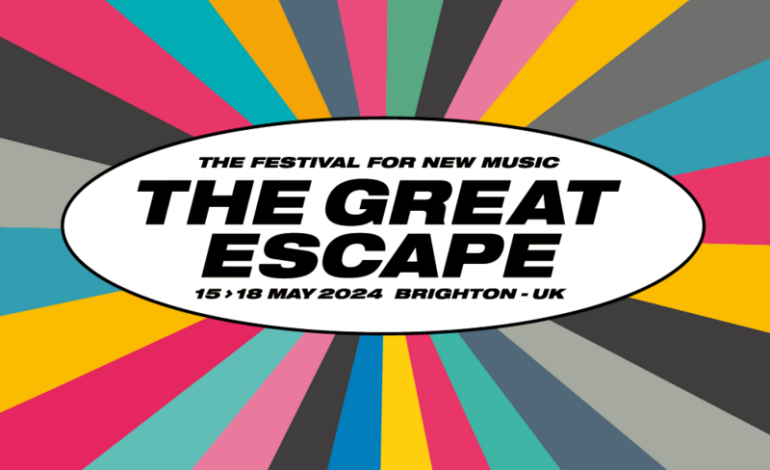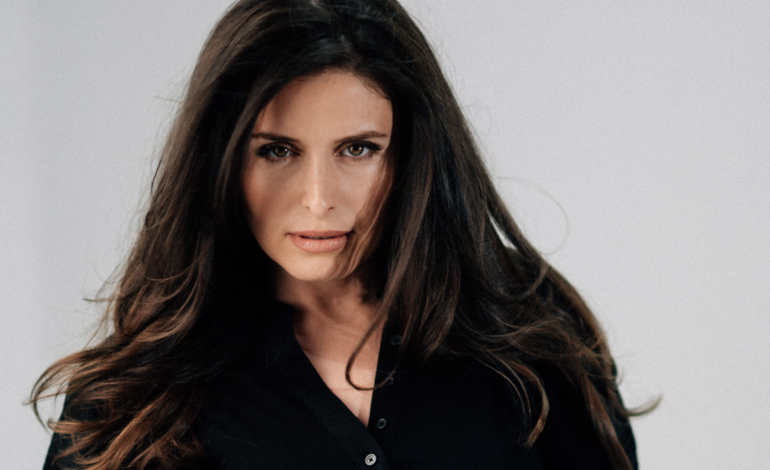
It’s saturday, 11 AM After just six hours of sleep since the British music festival season kicked off with The Great Escape in Brighton on Thursday, I find myself licking my wounds in the back room of the Prince Albert on Trafalgar Street. Despite my exhaustion, I eagerly anticipate an intimate gig with Cut Worms upstairs, having missed his performance at the Brighton Dome the previous evening due to an overwhelming queue.
The place is reassuringly empty as I piece together the previous two nights, cautiously eyeing my breakfast pint of Guinness while the soundchecks rumble through the creaking ceiling above. One of the challenges with this festival is its sheer scale: a fantastic showcase of new music across many venues, but difficult to navigate spontaneously. Planning is crucial, and even with a press pass, getting into the more popular shows can feel like squeezing a lemon into a sardine tin.
A Conundrum
To see a band at 2 PM, you might need to stick around from 12:30, potentially discovering your new favorite act, but also displacing fans who have traveled specifically to see them. This can be stressful, especially with friends who prefer sticking together.
Reflecting on my 15 years of attending TGE, I remember never having these issues in my youth, but my current experience is different. I’ve always enjoyed the festival’s high standard of world music, likening it to an independent, less extravagant Eurovision.
Memorable Moments
The Great Escape has brought me countless unforgettable encounters. From falling in love with Katzenjammer’s folk-rock, to being blown away by Oh No Ono’s psychedelic rock, and getting a concussion at a Temper Trap gig. I’ve also met Johnny Marr, pilfered a personalized plectrum, stolen Darwin Deez’s carrot cake, and kept a drumstick from a Temper Trap gig.
These moments highlight the festival’s unique ability to bring together music fans and independent artists, creating a melting pot of indie kids, rockers, goths, and hen parties all swaying through Brighton’s cobbled streets.
The Elephant on the Beach
This year, over 25% of the bands pulled out due to Live Nation’s affiliation with Barclays, who allegedly invest in the manufacturing of weapons. While I am firmly anti-genocide and protest for Palestinian freedom, I believe that silencing the arts can be counterproductive. The BDS movement does great work, but the impact on independent artists and smaller venues is concerning.
Back to the Music
Despite the pullouts, the plan was to discover new acts. On the first evening, an old A&R acquaintance, whom we’ll call Moe, invited me to a show. The band, touted as the next Fleetwood Mac, performed to a packed venue. While they were technically skilled, their performance felt forced and overhyped. Moe spent most of the time at the bar, ignoring the show, leaving me unimpressed.
A Fresh Start
Leaving the venue, I met up with my planner and headed to the beach stages, catching Chinchilla’s bangers and Pip Blom’s impressive electronic direction. Lauren Mayberry of Chvrches delivered a professional set, and I stumbled upon my new favorite Aussie band, The Bel-Air Lip Bombs. They reminded me of The Pretenders with a touch of Camera Obscura, showing real promise.
Unexpected Discoveries
On my way back into town, I watched a street artist play to an impromptu audience, encapsulating the festival’s spirit. Later, at Chalk, Hi-Tech’s interactive performance with Hennessy added to the blur of the evening.
Final Day
On the last day, I found myself unable to get into the Prince Albert for Cut Worms. Bitter but determined, I received a notification that The Bel-Air Lip Bombs would play another gig. I decided to check out Dusk, finally without a queue, and discovered Dog Race from Bedford, a band with a dystopian sound and Ian Curtis-esque lead singer.
As I emerged from the venue, I met Moe again. We exchanged pleasantries and parted ways, with Moe heading to see Pip Blom. I continued to the beach stage, enjoying the sunshine and the lively atmosphere of hen parties dressed as Toy Story characters.
In conclusion, despite the logistical challenges and political controversies, The Great Escape remains a vibrant celebration of music, offering moments of discovery and unexpected encounters that make it all worthwhile. Here’s to another year of musical exploration by the seaside.


